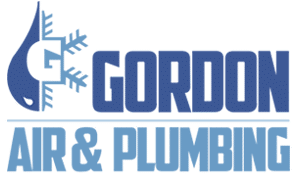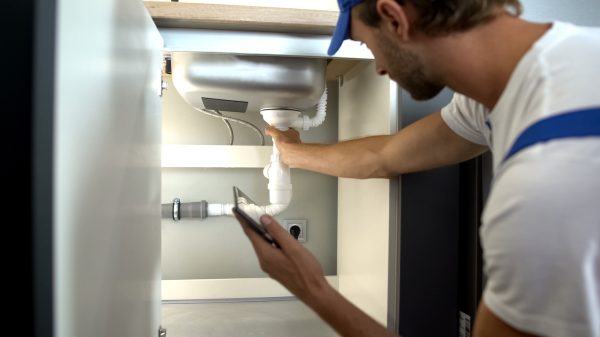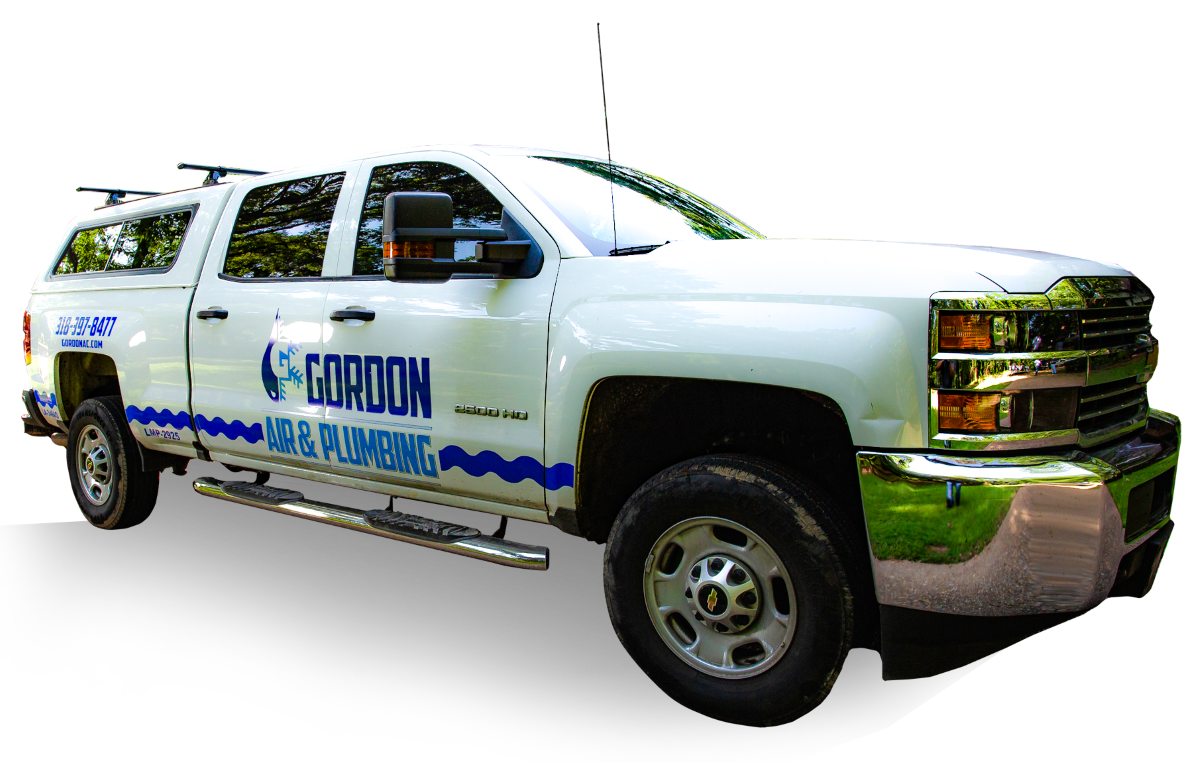Water can enter your home through plumbing leaks, sewer backups, or accidental dripping. Continued saturation can cause extensive damage to your property, including the walls, flooring, or furniture. Excess water can produce a breeding ground for mold and mildew, exposing homeowners to health-related problems if they fail to address these issues quickly.
From a structural standpoint, water damage can erode your floors and walls, causing them to become weak and unstable. Foundations can weaken and break, forcing other parts of the structure to shift and destabilize the house. Professional solutions are needed to correct the plumbing issue and prevent structural damage.
1. Check the Toilets
Toilets are one of the most common sources of water leaks. Various problems, including malfunctioning valves, leaky seals, or clogged drains, can cause leaky toilets. Leakage from the tank into the bowl is easy to identify if you place a food-grade dye in the tank and leave the bowl untouched for 15 minutes. Dye in the bowl indicates a leak and requires a call to the plumber to isolate the issue and inspect the surrounding plumbing for other problems.
If your toilet has stopped working, check for clogs in the tank or bowl. You may need to remove foreign objects, such as tissues or other debris that may have accumulated. If there is no visible clog, call a professional to clean out the pipes and clear the clog for you.
2. Check Your Pipes for Signs of Wear and Damage
Over time, pipes in your home may become worn or damaged. Plumbing lines can also become obstructed by natural debris or objects that have lodged inside them. These issues can create noticeable differences in the volume and pressure of water flowing through your home’s plumbing system.
Have an annual inspection of your pipes for signs of damage or wear, corrosion, algae, or the remnants of animals such as rodents or insects. Professionals will be able to remove any foreign material and flush the pipes thoroughly to remove any debris. Before they leave, they will ensure there are no leaks in the pipe joints and cracks in the walls around your plumbing system.
3. Replace Some Appliances
Dripping faucets, leaky shower heads, and defective dishwasher hoses can all be signs of a problem with your plumbing system. To prevent water from leaking, consider replacing some of your appliances. Hire a professional to replace damaged faucets with new models or repair any leaks by replacing loose hoses with new ones.
During your annual inspection, a professional should also check your dishwashers and washing machines for frayed or broken pipes. If you see signs of leaks, such as mold spots, small pools of water, or rusted parts, call a professional plumber to investigate the issue and repair the problem. Consider purchasing a new model if multiple repairs have been performed to your machine.
4. Investigate Spiking Water Bills
If you notice a sudden increase in your monthly water bill, there may be an issue with your plumbing system. Check your home’s utilities to ensure nothing has been left on, such as the sprinkler system. Damage to a sprinkler line can be shown as puddles in the lawn or a brighter green area where the vegetation has more access to water. If these are not the source of your water bill increase, contact a professional plumber to find the source of the leak.
Your plumber will inspect the property to determine where the water is being wasted. They will check for variations in pipe pressure, leaks in your faucets, or other problems that may contribute to your bill spike.
The best way to ensure that you are protected from water damage is to maintain a healthy relationship with your plumber. They can help you prevent unexpected leaks and make routine maintenance easier and less costly in the future. Contact Gordon AC & Plumbing for reliable leak detection services in Monroe, LA. We are available 24/7 to respond to your plumbing emergency.



